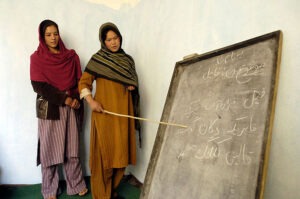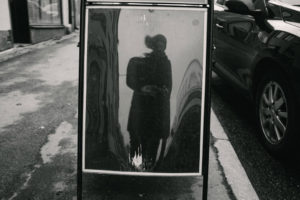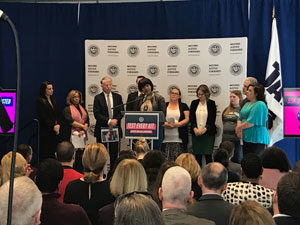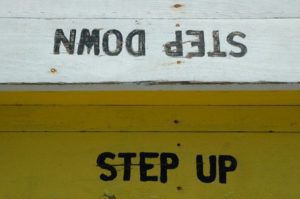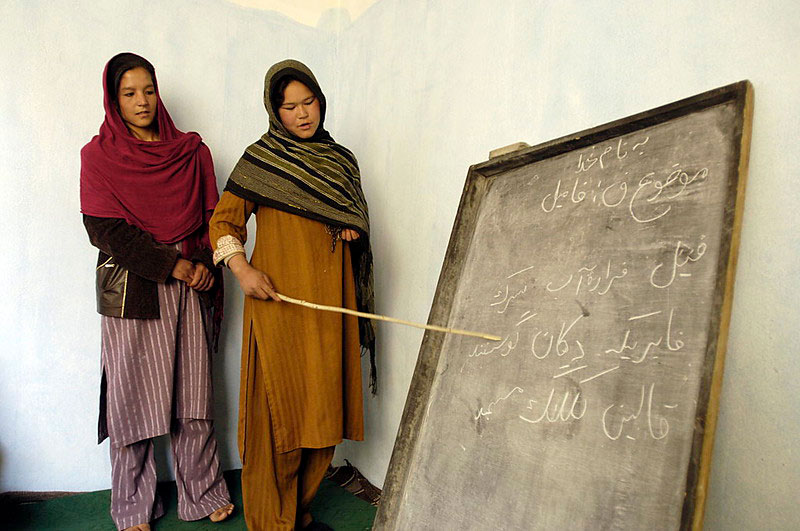September 3, 2015; CBS Detroit
NPQ has been following cities and states as they tackle the country’s massive rape kit backlog, an effort that has been spearheaded by some in the nonprofit sector, including the Joyful Heart Foundation, the Natasha Justice Project, RAINN, and Human Rights Watch. Among the cities that have been making extraordinary progress is Detroit, which had one of the highest recorded backlogs in the country: Over 11,000 untested rape kits were found in 2009, some dating back as far as 1984. According to state police, 10,000 of those kits have been tested.
Wayne County prosecutor Kim Worthy, who has been a formidable force behind the initiative to end Detroit’s backlog, claims it will take approximately three to five years to investigate and prosecute these cases. “It doesn’t bring justice to any victims unless we investigate them like they should have been investigated in the first place,” said Worthy in a press conference.
After testing the kits, the Wayne County prosecutor’s office is looking at 106 cases and has found 477 connections to serial rapists from all over the country. State police director Col. Kriste Kibbey Etue said suspects were found in 35 states and the District of Columbia, “proving this laboratory service was important not just for Wayne County or Michigan, but for the entire nation.”
Sign up for our free newsletters
Subscribe to NPQ's newsletters to have our top stories delivered directly to your inbox.
By signing up, you agree to our privacy policy and terms of use, and to receive messages from NPQ and our partners.
Indeed, not only is the backlog movement working to find justice for victims, some who have been waiting decades, but testing the kits offers the chance for other unsolved crimes to be closed. After eliminating its backlog of 6,600 kits, Houston had 850 DNA hits, some repeat offenders who had escaped prosecution for older crimes.
One of the major impediments to ending the rape kit backlog is the enormous cost of testing the kits, which can exceed $1,000 per individual kit. In Detroit, a federal grant paid for 2,000 kits to be tested while the state forked over another $4 million for 8,000 more kits and another $3 million to the attorney general to help prosecute the cases. But there is a long road ahead, with hundreds of thousands of untested kits still needing to be funded, crimes needing to be investigated, and victims needing justice.
In Detroit, nonprofit organizations have been helping to fill the funding void, but this is an issue that undoubtedly deserves a major national investment from the nonprofit sector to help underfunded localities test their kits. Last November, the Manhattan DA’s office along with the Joyful Heart Foundation took a big step forward announcing a $35 million initiative to help fund testing kits nationwide, an unprecedented effort that must be continued and replicated by the sector.—Shafaq Hasan


